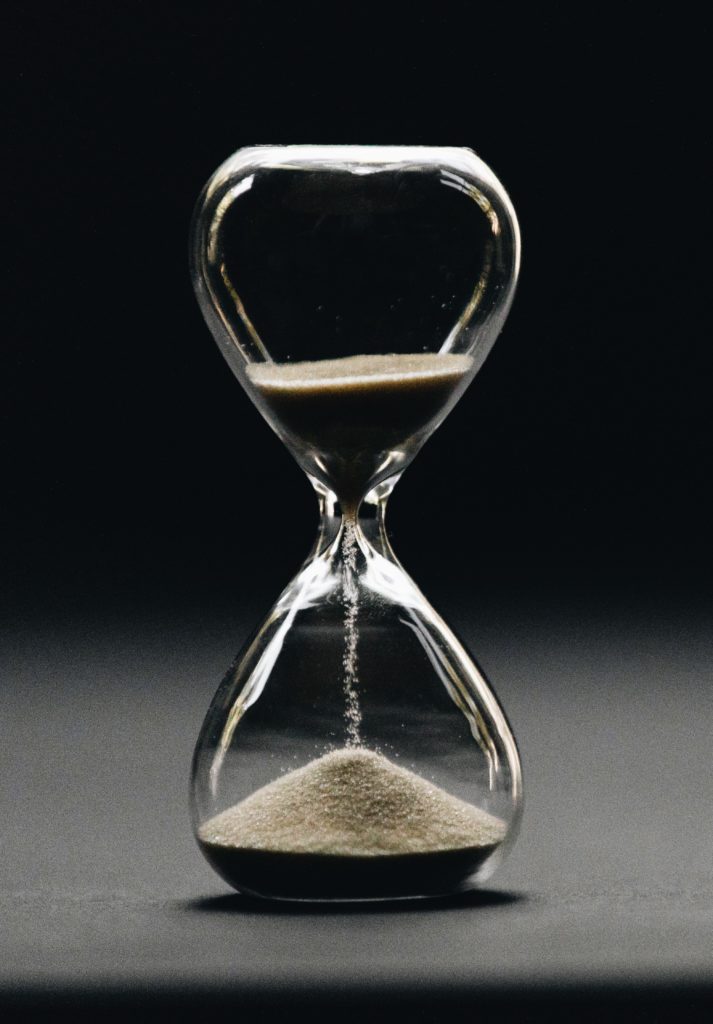Florida’s statute of repose for construction defect cases is intended to provide certainty to contractors by ensuring that potential claims are asserted in a timely manner, and to guarantee that these contractors are not subject to liability indefinitely. The statute of repose period is related to, but distinct, from the statute of limitations detailed in the same Florida statute.
What is the Statute of Repose?
When an action is founded on the design, planning or construction of an improvement to real property and involves a latent defect, the claimant has four years to sue from the time the defect: (a) is discovered; or (b) should have been discovered by the claimant with the exercise of due diligence. §95.11(3)(c), Fla. Stat. This four-year rule represents the applicable statute of limitations. However, the time to sue is not unlimited. No matter when the defect is (or should have been) discovered, the claimant must bring a lawsuit within ten years of the latest of: 1) the date of actual possession by the owner; 2) the date of the issuance of a certificate of occupancy; or 3) the date of completion or termination of the contract between the licensed contractor, architect or professional engineer and his or her employer. Id. This ten-year rule is known as the statute of repose.
While there are certainly instances in which courts have dismissed claims as barred by the ten-year statute of repose, note that in Florida, defenses based on time limitations are disfavored. When there is doubt as to whether a claim is timely filed, the preference is to allow the longer period of time to bring a claim. See Clearwater Housing Authority v. Future Capital Holding Corp., 126 So. 3d 410, 411 (Fla. 2d DCA 2013); Allan & Conrad, Inc. v. Univ. of Cent. Fla., 961 So. 2d 1083, 1087 (Fla. 5th DCA 2007).
History of the Statute
To determine whether the statute of repose applies to a dispute, the threshold question is: which version of the statute applies? The statute of repose has undergone numerous revisions since its inception. The significant revision came in 2006 when the Florida legislature instituted the following language, to reduce the then fifteen-year statute of repose to a ten year period:
In any event, the action must be commenced within 10 15 years after the date of actual possession by the owner, the date of the issuance of a certificate of occupancy, the date of abandonment of construction if not completed, or the date of completion or termination of the contract between the professional engineer, registered architect, or licensed contractor and his or her employer, whichever date is latest.
That version stayed intact until 2017 when the legislature found it necessary to define the third element—“completion of the contract”—in order to resolve disputes between owners and contractors as to whether a contract was “completed” on the date of final performance, the date final payment was due or the date final payment was made. The 2017 version (additional language underlined) reads:In any event, the action must be commenced within 10 years after the date of actual possession by the owner, the date of the issuance of a certificate of occupancy, the date of abandonment of construction if not completed, or the date of completion or termination of the contract between the professional engineer, registered architect, or licensed contractor and his or her employer, whichever date is latest. Completion of the contract means the later of the date of final performance of all the contracted services or the date that final payment for such services becomes due without regard to the date final payment is made.
Then, in 2018, the legislature made another revision to address the inequity of the statute of repose “whipsaw” for prime contractors—where the owner or Association sues the prime during the end of the repose period and the prime does not have an adequate opportunity to bring third party and/or indemnity claims against other potentially liable parties. The 2018 version reads:
In any event, the action must be commenced within 10 years after the date of actual possession by the owner, the date of the issuance of a certificate of occupancy, the date of abandonment of construction if not completed, or the date of completion of the contract or termination of the contract between the professional engineer, registered architect, or licensed contractor and his or her employer, whichever date is latest. However, counterclaims, cross-claims, and third-party claims that arise out of the conduct, transaction, or occurrence set out or attempted to be set out in a pleading may be commenced up to 1 year after the pleading to which such claims relate is served, even if such claims would otherwise be time barred. With respect to actions founded on the design, planning, or construction of an improvement to real property, if such construction is performed pursuant to a duly issued building permit and if a local enforcement agency, state enforcement agency, or special inspector, as those terms are defined in s. 553.71, has issued a final certificate of occupancy or certificate of completion, then as to the construction which is within the scope of such building permit and certificate, the correction of defects to completed work or repair of completed work, whether performed under warranty or otherwise, does not extend the period of time within which an action must be commenced. Completion of the contract means the later of the date of final performance of all the contracted services or the date that final payment for such services becomes due without regard to the date final payment is made.
When determining which version of the statute applies to a dispute, it is important to note that the most recent (2018) version is explicitly non-retroactive and does not apply to lawsuits commenced prior to July 1, 2018.
The Statute of Repose Today
Despite the legislature’s attempts to clarify §95.11(3)(c), Fla. Stat., the statute of repose remains a heavily litigated topic in both trial and appellate courts throughout the state. Much of the recent focus has centered around large, multi-building condominium and townhome projects that often take years to complete. While contractors argue that the statute of repose should begin when each individual building in a project is completed, the homeowner plaintiffs claim that the repose period begins only when the last building is complete and final payment has been made. This threshold issue is key to determine which of the four trigger dates applies and whether the statute of repose is ultimately a viable defense.
For instance, a trial court in the Ninth Judicial Circuit in Orange County, Florida recently found that the trigger date for the statute of repose in construction defect claims against a subcontractor must be determined for each townhouse at the project individually, rather than the entire project. See Spring Isle Community Association v. Pulte Home Corp., et al., Case No. 2017-CA-1953-O (Fla. 9th Cir. June 10, 2020). The court granted the subcontractors summary judgment and held that because a certificate of occupancy was issued for each building separately, the repose period was distinct for each building and did not apply to the project as a whole.
On appeal to the Fifth District Court of Appeal, the homeowners argued that the appropriate trigger date for the statute of repose was the completion of the contracts between the owners, contractor and subcontractors, and not the issuance of the certificates of occupancy. The Fifth DCA reversed the summary judgment ruling and remanded the matter for a factual determination of when the specific contracts were ultimately “complete.” See Spring Isle Community Association v. Herme Enterprises, Inc., 328 So. 3d 1120 (Fla. 5th DCA 2021). It is expected that homeowner associations and contractors will continue fighting this battle until the Florida Legislature again steps in to address the controversy.
Recently Proposed Changes to the Statute
In fact, litigants may not have to wait long for these legislative changes. A new bill recently proposed in the Florida Legislature (SB 2022-736) would significantly amend both the statute of limitations and statute of repose for construction defect claims. As originally drafted, the new bill would eliminate the ten-year statute of repose for latent defects, instead requiring all defect actions to be filed within four years.
If signed into law, these proposed amendments would apply to any action commenced on or after July 1, 2022, regardless of when the cause of action accrued. However, any action that would not have been barred under the statute before the amendments may be commenced before July 1, 2023. If such action is not commenced by July 1, 2023, and is barred by the amendments to the statute, the action is barred.
As of the date of publication, it is unclear whether the proposed bill will be passed and ultimately signed into law by the Governor. We will keep you updated on the status of this pending bill in our upcoming 2022 Legislative Update Blog.


